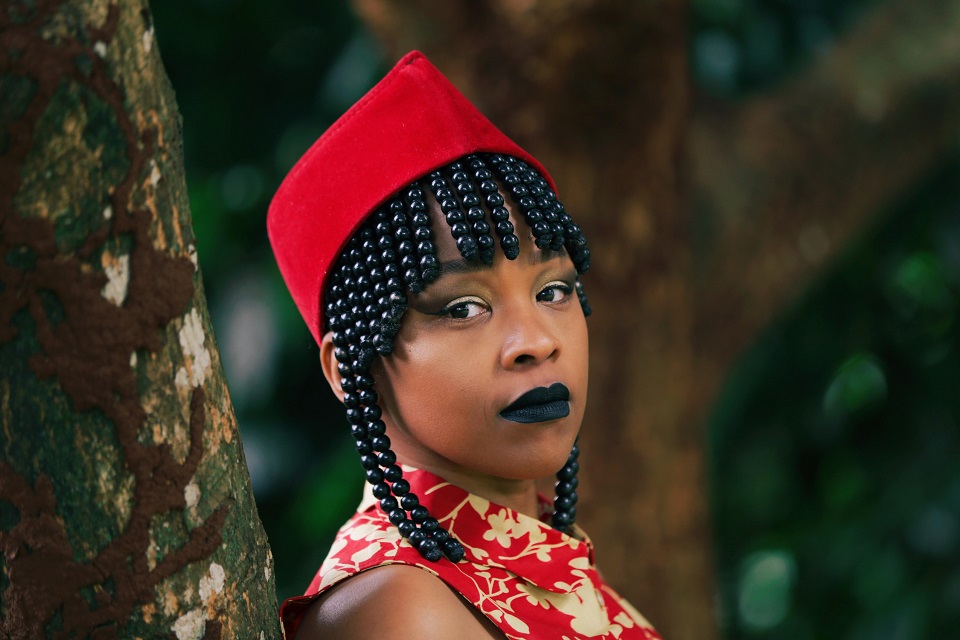
The ninth annual International Jazz Day celebrations was slated to take place in Cape Town and other cities across South Africa. Due to the unprecedented times, the international Jazz Day celebration will shift to a virtual show.
As we mark International Jazz Day, noteworthy South African vocalist, singer-songwriter Pilani Bubu discusses her remarkable background in music, her roots in the South Africa and what jazz means to her. Our conversation dives deep into the spiritual aspect of Pilani’s creative career, artistry and music performance. She shares with us a Pan Africanist playlist in diverse spectrum of genres that we can connect with.
She tells me what jazz means to her,“Jazz to me is a collaborative and rebellious exploration of music, constantly seeking to break the status quo. Its complexity and way of capturing life, dualities, juxtapositions in its chords and compositions has a way of opening up neural pathways. Jazz breaks me open, it helps me see so many ways one thing can be. It is the freedom of one in a framework for many, empowered by the creative impact of improvisation.” Pilani Bubu.
Pilani a Vessel of her craft
Pilani Bubu is conscious about her African history and her Xhosa heritage, her potent new release, Folklore Chapter 1 allows her to be a vessel, a messenger of her craft. She has an admirable ability to perform many different styles of music with conviction and authenticity. “Like any language, we learn it and express it by hearing it often. I have moved through many versatile chapters of styles and genre influences.
Pilani Bubu attributes her passion for music to her childhood experiences that included an incredibly close and supportive family. “I grew up on folk, pop and rock and then I spent most of my school years getting classical vocal training singing with Classical Contemporary Choirs as the foundation and playing in Orchestras with my violin”.
As my school years passed smaller niche groups popped up in school that I joined. I sang in the Folk group, I sang in a Jazzy Chamber Choir called Les Fes Che Chant whilst simultaneously singing for the school Choir, the Provincial Choir and some Choral groups focused on traditional music. I sang in choirs all the way into my second year of working with the Akustika Chamber Singers and Cantate Chamber Singers
When I started focusing more on my voice as an instrument, in diverse number of singing groups, through the learning of various composers’ music and interpreting pop covers, I picked up the nuances of different styles. And this how my versatility in music has been shaped.” Pilani Bubu.
Pilani is not one to call undue attention to herself, compositionally too, the tunes reflect her life and experiences. Through her music, you can tell she thinks deeply about each piece of music. “When I write music it is more of a download; I don’t realize what the muse is asking me to write until I sing the downloaded lyric back. This is specifically what happened with ‘Baile’, it was sitting in my subconscious and then one inspired guitar progression in 6/8 classic folk time signature made it pour out. After I write a song, I ask my guides what they want me to do with this and with ‘Baile’ they specifically wanted me to release it as a response to Domestic Violence. I meditated on the song and its intentions and recorded it in 2018 and pushed to get it done within 16 days of activism against women and children abuse.
As on her prior albums, the guiding force is her effortlessly big voice with luxurious timbre. She aims to perform most of her music with conscious intent.
“With Boom Che, it was another organic process of searching for the reasons why my muse sent me the rhythm ‘Boom Che, Boom Che E E’, and slowing ideas were seaded to create an ‘afrofolk’ demo and the song was fused with a traditional folk song ‘Theza Inkuni’ about women gathering firewood.
In the song, I highlight the feminine side of God, as often Gods persona is always masculine. He must have a feminine side if women are his incubators of life. So ‘SHE’ is like Mother-Nature who sits at the right hand side of God. I celebrate women in the song and again I was guided to release the song on Women’s Month in South Africa.”
Music typed to sounds
Hearing her performance at the Collective Restaurant here in Nairobi, I could not help but recognize the way she immerses herself inner deeper music spectrum with delicate body expression. She tells me, “In my work, I have a message laden and it is this that I want to effectively communicate. The message is in the lyrics and the sounds as I have constructed the music intentionally, where certain parts come in and what they emphasize in the narrative I am unraveling.
This rhetoric is my repertoire, the repeated act of performance is like preaching and teaching to me. To get to that place, I put myself in a place of remembering my original intentions in the lyrics and the most authentic parts of the song. I meditate on this and hope to carry the band with me to that place. It starts with rehearsals to align the sounds, then I poetically monologue the lyrics thorough out the day, something I learnt at musical theatre school at New York Film Academy. It has helped me become a better communicator on stage.
On stage there are two parallel streams of things happening – the planned and the unplanned. What is written (on the charts) and what is improv. Because I travel a lot and play with different bands learning my music in such a short space of time… I have to ground myself and find the joy in collaborating by allowing new interpretations to evolve in the music.
When I close my eyes, I’m listening to everyone in the band, to find where they are with that song, somewhere new, something unique… I catch their feels and join in the style and where they can lead me in my own message. When my eyes are wide open, I seek the audience for an exchange, can they hear me? As they say the eyes are the windows to the soul.
SONGS FROM ACROSS AFRICA TO CONNECT WITH by Pilani Bubu
Misha, Makola – Victor Dey Jr (Ghana)
I love upbeat brass filled music, it fills my spirit with a feeling of victory or some kind of a revolutionary call to action. There is definitely a much-needed elevation in this song as it progresses and unfolds
- Kumnyama, Bamako – Simphiwe Dana (South Africa Meets Mali)
The classic vocal layering of Simphiwe’s voice takes us back to some of her debut and sophomore albums – rich and heavy heart fused with sounds from Mali as the album title. The song means its dark, and a love is lost… I can absolutely feel that emotion in this song.
- Ngwa, 1958 – Blick Bassy (Cameroon)
There is repetitive paced heartbeat tapping that runs through the entire song it rises and falls, getting richer, getting thicker similar to the suspense building then coming to a resolve. The song cues my own heartbeat and reminds me that I am alive with intention, to do things, to solve for things.
- Could U, Red Card: Minstrel Cycle – Wanlov The Kubolor (Ghana)
Reminiscent of Bob Marley’s feel good vibes, the song samples one of his guitar loops from ‘Could You be Loved’, in a super rhythmic and bassy Afrobeat sound. Lyrically it reinforces life’s biggest ambitions toward: truth, love and freedom.
- Kilimau – Saronde feat. Blinky Bill & Idd Aziz Kunya – (Kenya)
This song man! It has this navigating the forest feeling, it has forward motion with that great world music sonic landscape on a Saronde dance beat – almost abstract but so familiar, after the sonic journey the sound clears to just guitars and the song resolves to some kind of clarity.
- Khangela, Imini – Bongeziwe Mabandla (South Africa)
Those classic indie guitars tug at your heart strings, with a subtle old school Tracy Chapman folky progression that you can sink into as it talks about love -losing it and yearning to find it.
- Umzi, Buffering Juju – Dumama + Kechou (South Africa)
The fusion of deep indigenous traditional sounds of Uhadi takes you on an ancestral trip amidst the alternative electronic bedrock of the song. It stays with you on repeat. Feels like I am in a dream traveling through time.
- Yehlisan’uMoya, Modes of Communication: Letters from the Underworld – Ndunduzo Makhathini (South Africa) – A prayer for the spirit to come down among us. The saxaphone solo with Omagugu’s voice repetition of the prayer line draw me into the intention of the song. The suspense and interludes narrated by the brass section in harmony holds the story together from beginning to end…. The experience of it all is just so cohesive.


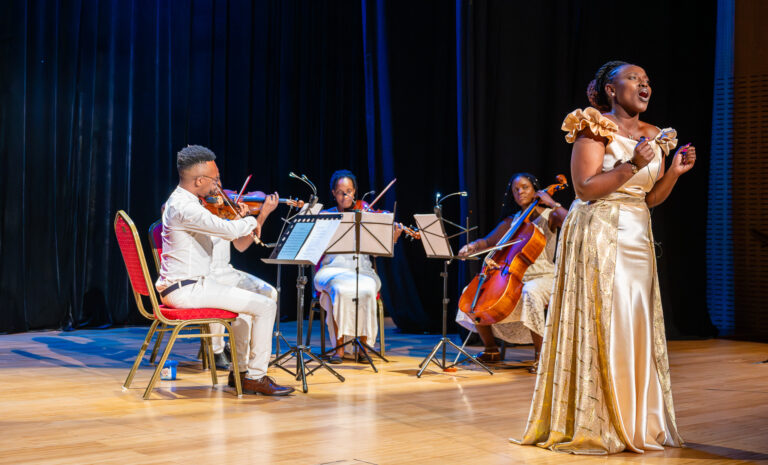
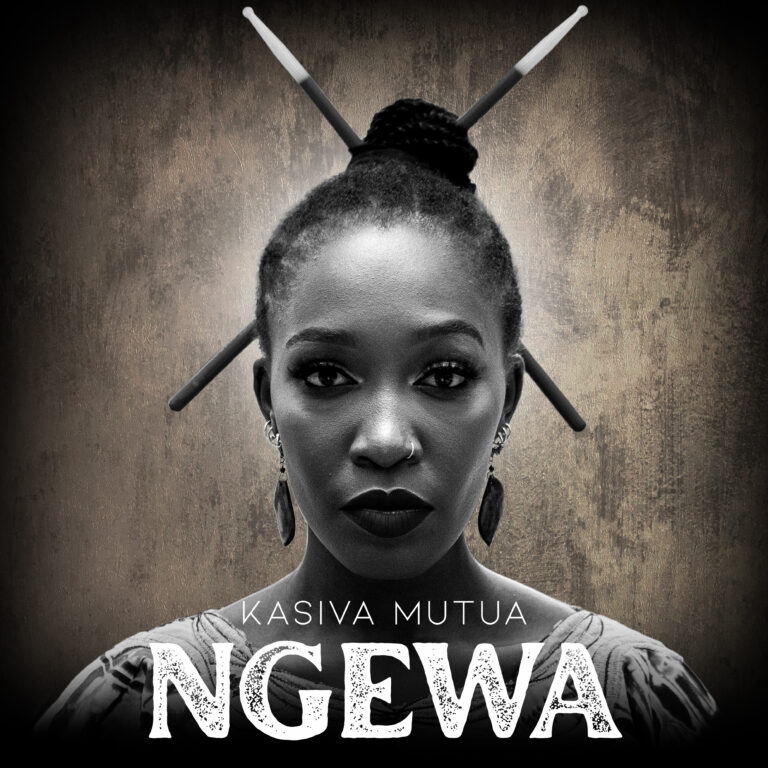
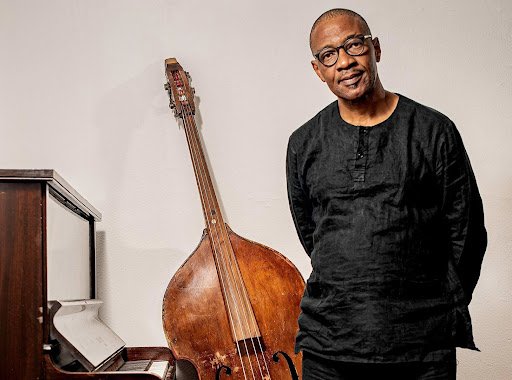
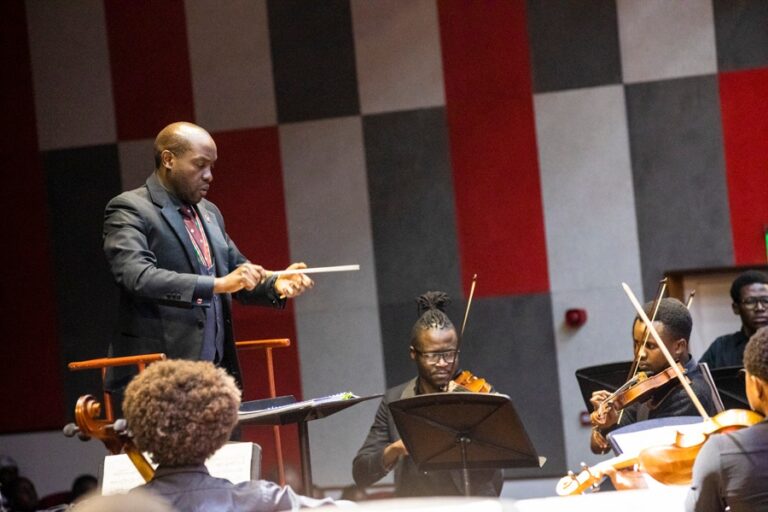
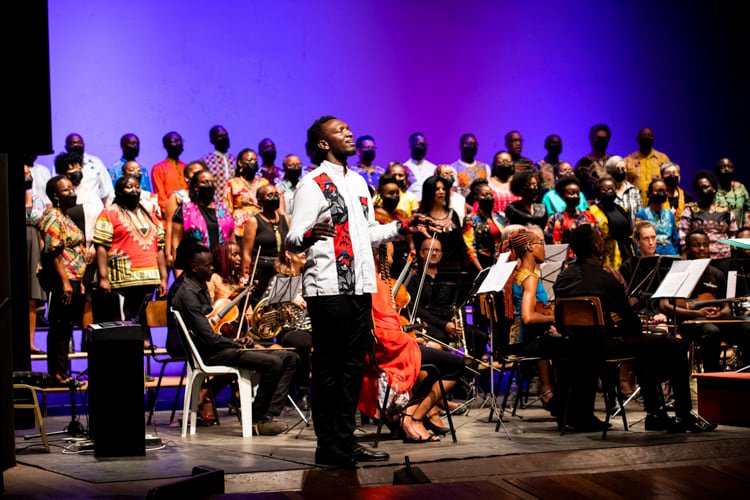
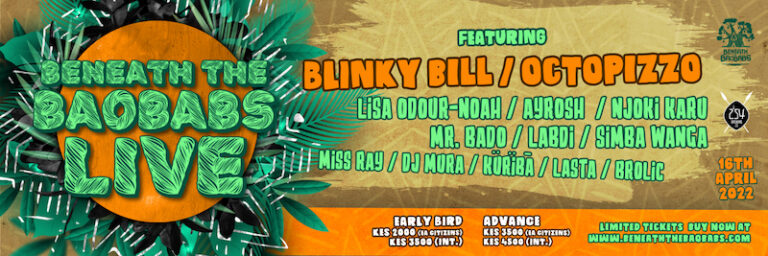
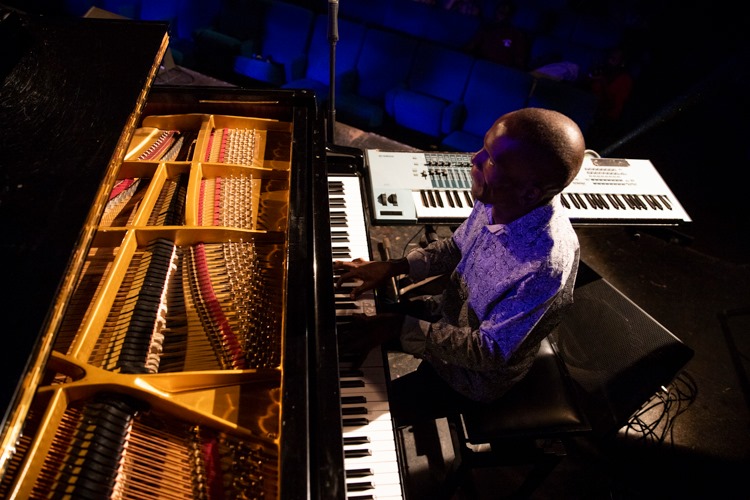
+ There are no comments
Add yours